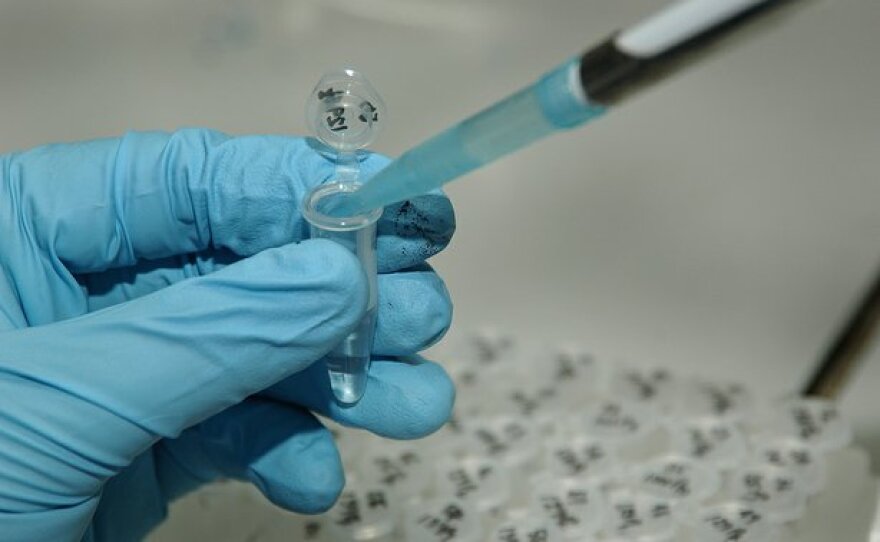Women are few and far between at the top of San Diego's life sciences industry, according to a report published Wednesday.
Out of 44 publicly traded biotech companies based in San Diego, only one has a female CEO. And these companies have very lopsided boards of directors, with only nine percent of board directors being women.
"Any time you limit yourself to one gender or one race, you are really limiting the company," said DeeAnn Visk, president of the local chapter of the Association for Women in Science, in reaction to the report.
Visk said these companies should work toward gender parity not just as a matter of fairness, but because it's good for business.
"Not only would they have a different viewpoint, but they might have something novel to bring to the table," she said.
The executive recruitment firm Liftstream prepared the report. Liftstream CEO Karl Simpson hopes the findings will encourage San Diego industry leaders to work toward creating a more meritocratic path for advancement.
"Building a board that is diverse of opinion, diverse of experience and diverse in terms of its perspectives will typically strengthen the organization," he said.
The report found San Diego life science company boards are heavily male-dominated, but comparable to the boards of similarly sized companies in other regions. Ninety percent male boards are typical for small to mid-sized biotech companies, according to the report.
However, when compared to other biotech hubs, San Diego companies are not recruiting as many female CEOs.
Among the dozens of companies included in the report, only Halozyme Therapeutics was led by a female CEO. Previous Liftstream reports have found it's more common to see seven to nine percent of CEO positions filled by women.
The report did not track racial diversity.
Carin Canale-Theakston, vice chair of the board at Southern California biotech trade group Biocom, wrote in an email, "An important thing to keep in mind is that the 44 public companies represent less than 10% of the life science and biotech industry in San Diego."
She said privately held companies in San Diego may have a more balanced gender split, though she could not provide numbers.
Melissa Galinato, president of the organization Graduate Women in Science and Engineering at UC San Diego, said the numbers were discouraging.
In an email, she wrote, "It's hard enough for women to rise and excel in academia, so to hear these statistics about the biotech industry tells us there is a larger problem that is not exclusive to any one field."
Galinato suggested local companies could work to improve gender diversity by mentoring women early in their careers, addressing unconscious bias during recruitment and being more transparent about hiring and compensation.
The report also found total compensation for local biotech CEOs shot up 76 percent between 2012 and 2014, mostly through stock options. Salaries, which make up a smaller portion of total CEO compensation, increased by 7.6 percent over the same period.






